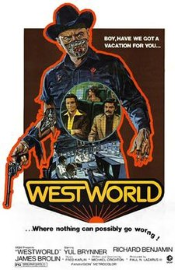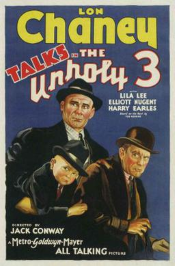15 Things You Didn’t Know About The Stand

Erik van Rheenen and Mental_Floss have posted 15 Things You Didn’t Know About The Stand. As is our tradition, here are three of my favorites…
6. Christian Radio Made a Contribution As Well
King revealed a third inspiration for The Stand in Danse Macabre: A single line he heard in a radio broadcast of a sermon when he was living in Colorado. The line “Once in every generation the plague will fall among them” made such an impression on King that he wrote it down and pinned it over his typewriter. Later, when the author was struggling to write a fictionalized account of the Patty Hearst kidnapping (the unpublished The House on Value Street), he saw the gloomy quote and found the inspiration to start a new project that became The Stand.
8. The Extreme Length Led to Logistical Problems
The 1,200-page novel presented a serious problem – King’s publisher, Doubleday, couldn’t print a novel that long. Literally. In addition to whatever qualms the publisher might have had about trying to sell such a hefty book, its printing presses couldn’t create it. As King explained to Time in 2009, “Doubleday had a physically limiting factor in those days because they used a glue binding instead of a cloth binding, and the way it was explained to me was that they had so much of a thickness they could do before the glue just fell apart.”
10. The Cut Pages Weren’t Lost
Of course, when your fans are as rabid as King’s, it’s hard for lost pages to stay lost. In 1990 King restored the text he had hacked away to create The Stand: The Complete & Uncut Edition. King didn’t just slip all the cut pages back into the original manuscript, though – he retyped each one. He told Time he “had the manuscript on one side of an IBM Selectric typewriter and I had the pages of a book that I had torn out of the binding on the other side.” The restored edition had another quirk – King also updated the setting of the novel to the then-present day and included references to cultural touchstones like Freddy Krueger that had not existed in 1978.























































